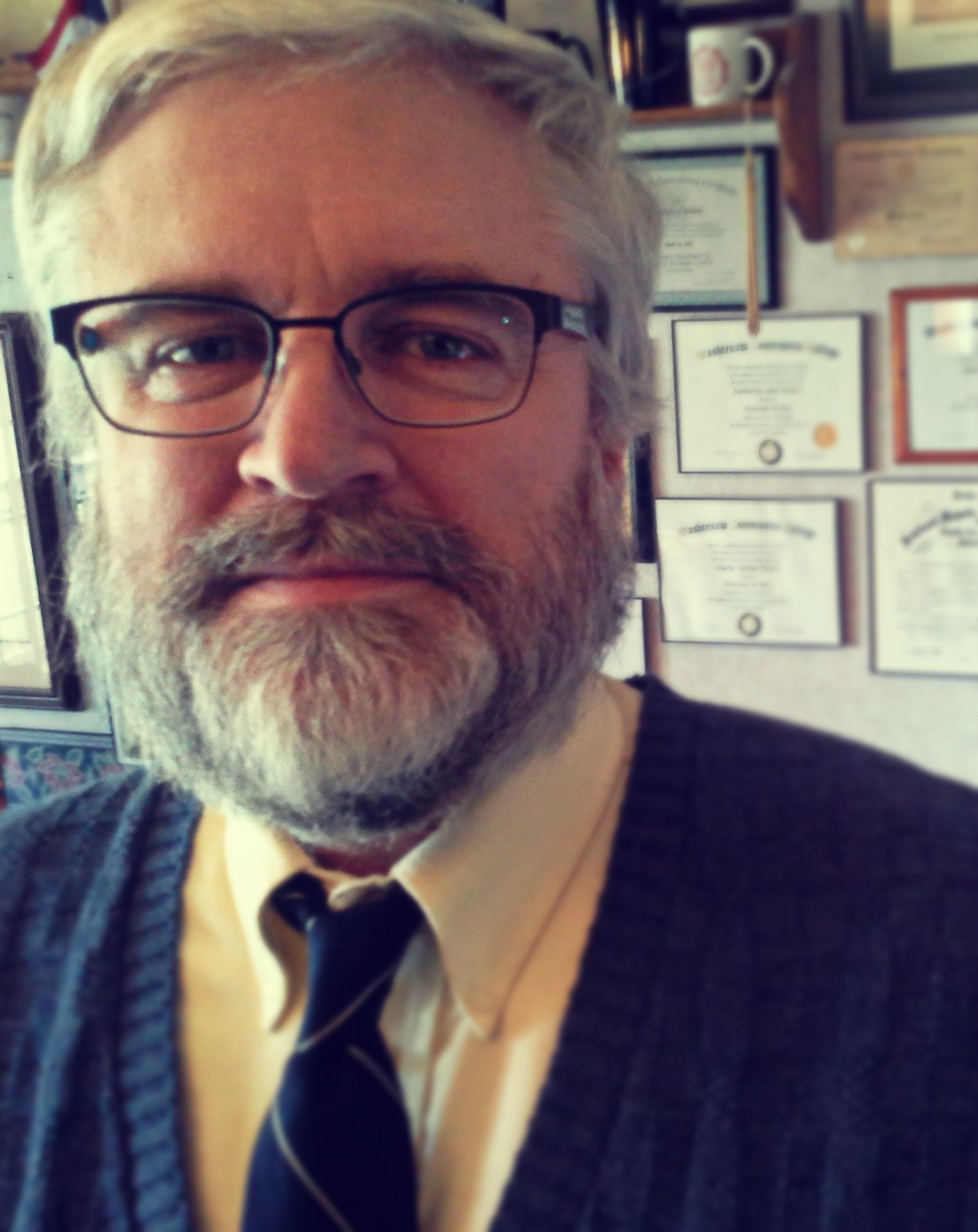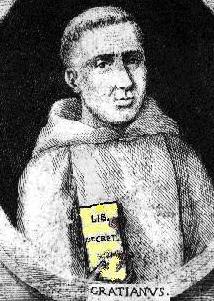Shawn Shinneman: The Surgeon Who Works On Babies Before They’re Born
October 11, 2018Crisis Magazine: The Modernist Roots of Our Current Crisis
October 11, 2018
By Edward Peters, JD, JCD, A Canon Lawyer’s Blog, October 10, 2018
 It needs no long blog post from a canon lawyer to explain how wrong would be a failure by a bishop to protect his faithful against scandal (CCC 2284, 2287) and/or to defend the Eucharist against potential sacrilege (CCC 2120) but, make no mistake, in reiterating that “it is not [his] policy” to withhold holy Communion from persons in ‘same-sex marriages’, that is what Cdl. Cupich’s refusal to act as ‘the guardian of the entire liturgical life in the church entrusted to him’ (c. 835 § 1) and “to exercise vigilance so that abuses do not creep into ecclesiastical discipline, especially regarding … the celebration of the sacraments and sacramentals, [and] the worship of God” (c. 392 § 2) in this matter, does.
It needs no long blog post from a canon lawyer to explain how wrong would be a failure by a bishop to protect his faithful against scandal (CCC 2284, 2287) and/or to defend the Eucharist against potential sacrilege (CCC 2120) but, make no mistake, in reiterating that “it is not [his] policy” to withhold holy Communion from persons in ‘same-sex marriages’, that is what Cdl. Cupich’s refusal to act as ‘the guardian of the entire liturgical life in the church entrusted to him’ (c. 835 § 1) and “to exercise vigilance so that abuses do not creep into ecclesiastical discipline, especially regarding … the celebration of the sacraments and sacramentals, [and] the worship of God” (c. 392 § 2) in this matter, does.
Cupich’s failure ‘to bishop’ in this regard, of course, effectively abandons his pastors and other ministers of holy Communion to face alone the anger of some Catholics in ‘same-sex marriages’ who (like persons in merely civil marriages following divorce) must nevertheless be refused holy Communion by pastors correctly recognizing that, no matter what their archbishop doesn’t say, they are still required by canon law not to admit to holy Communion those who ‘obstinately persevere in manifest grave sin’ (c. 915).
Canon 915, as has been explained many, many times, rests on ancient, indeed Biblical, foundations, nothing in modern canon law or recent magisterial literature annuls it, and it unquestionably applies in regard to Catholics who have attempted a ‘same-sex marriage’. But it might still be useful to explicitate briefly the application of Canon 915 in some same-sex pastoral situations.
1. A homosexual inclination or orientation does not, in anyone’s opinion, disqualify a person from being admitted to holy Communion.
2. Cohabitation by homosexuals does not, in my opinion, disqualify them from being admitted to holy Communion because one does not assume that persons of the same sex are engaged in sexual activity (and in this respect, yes, homosexual cohabitation differs from heterosexual, or has differed, according to about 5,000 years of recorded human behavior).
3. Attempted civil marriage between persons of the same sex (just like those following divorce between heterosexuals) disqualifies, in the common and constant opinion of learned persons (which I share), such Catholics from being admitted to holy Communion because the sign-values that marriage (c. 1055) enjoys in the Church and civil society—itself a public sign proclaimed, by the way, irrespective of whatever private sexual activity might or might not be occurring between the persons involved—are contradicted by persons purporting to be in a ‘marriage’ that cannot be a marriage.
The above analysis applies, I suggest, even if it is not promoted by local Church authorities.
+ + +
PS: Speaking of Chicago, has an announcement been made yet that the two Chicago-based priests recently arrested for XXXing each other in a car parked a short distance from a playground in Miami will be prosecuted canonically toward their dismissal from the clerical state? If not, might one ask what the delay is?
__________________
Dr. Peters has held the Edmund Cdl. Szoka Chair at Sacred Heart Major Seminary in Detroit since 2005. He earned a J. D. from the Univ. of Missouri at Columbia (1982) and a J. C. D. from the Catholic Univ. of America (1991). In 2010, he was appointed a Referendary of the Apostolic Signatura by Pope Benedict XVI. For more infomation on Dr. Peters, see CanonLaw.Info.




